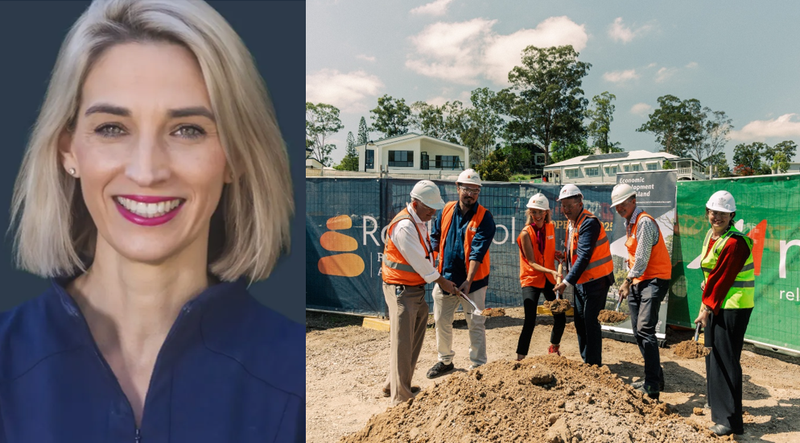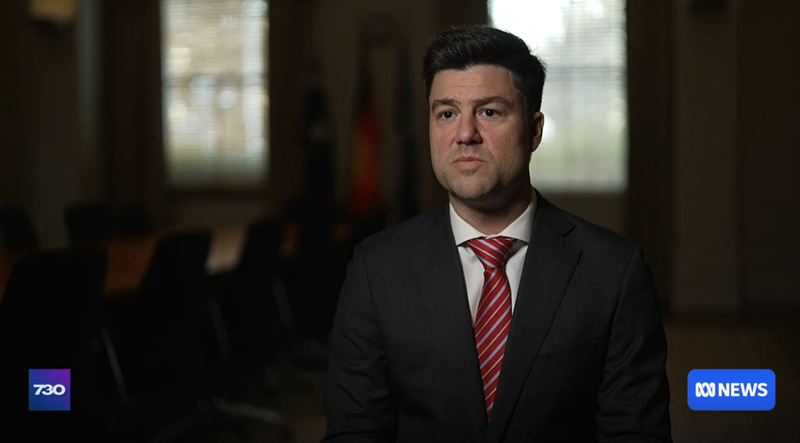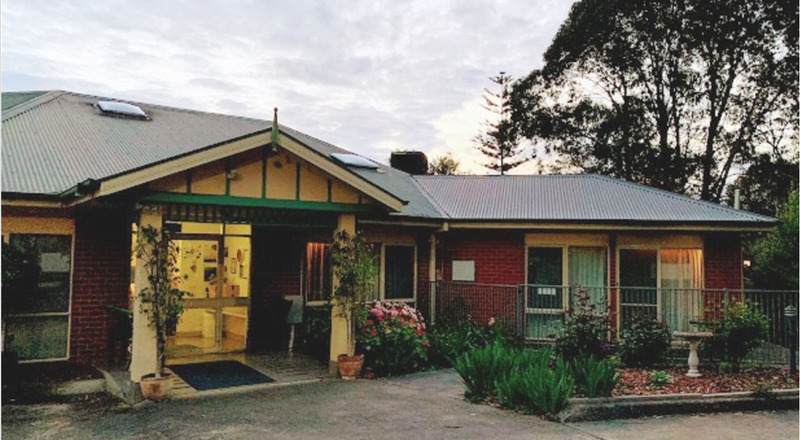The right mix: College of Nursing calls for mandatory register of personal care workers and Quality Indicators program
With 10,000 nurses in the Australian College of Nursing, its Chair of Ageing Policy Chapter Deborah Parker has told the Commission the most critical issue affecting aged care over the next 20 years is the skills mix of the workforce – and the...
With 10,000 nurses in the Australian College of Nursing, its Chair of Ageing Policy Chapter Deborah Parker has told the Commission the most critical issue affecting aged care over the next 20 years is the skills mix of the workforce – and the Commissioners would seem to agree based on the line of questioning.
Asked by Senior Counsel Assisting Paul Bolster about the minimum 120 hours of practical placement for a Certificate III, Dr Barker said the low number of Registered Nurses within certain organisations may mean that supervision is happening by people at the same level of the worker being supervised.
This clearly concerned Commissioner Richard Tracey QC who questioned what arrangements universities had with aged care providers to provide “a degree of assurance that adequate time will be devoted to this?”
Dr Barker assured him that many universities do, but “Even with this, for placements on a very busy shift it can be difficult for the provider to provide the level of supervision all the time for those students.”
Dr Barker also pushed for a register for personal care workers. “If we have an error, we can get reported to the Nursing Board of Australia and if found in the wrong, it can be publicly available against our registration number. In the unregulated workforce we don’t have that level of protection.”
Mr Bolster also picked up on the College’s request for the National Quality Indicators Program – which is currently voluntarily done by 10% of operators and measures three key criteria in aged care – to be made mandatory and expanded.
“We don’t have that on a national transparent level for consumers to see,” Dr Barker said.
“So, it tells the Department of Health how 10% of nursing homes are performing on three criteria but no one else?” he said, clearly surprised.
The issue also clearly interested Commissioner Ms Lynelle Briggs AO. “If the data was publicly available that would introduce a level of competitive tension to ratchet up quality outcomes across the sector?”
“Yes,” said Dr Barker. “So, if I was a consumer I would go and look at that.”
Dr Barker did warn the Commissioners that the public would need to be comparing “like with like” ie facilities with dementia specific units would have higher rates of falls than facilities where people are more independent and would not be comparable.
Dr Barker also highlighted the importance of sharing records, namely the new My Health Record system. “If I transfer somebody to an acute care hospital, the records sit there. It is starting to fill some of those gaps but at the moment I don’t think there’s enough data within that.”
Mr Bolster also referred to their mention of Singapore’s centralized health record platform as “of great interest to the Commission”, as well as Queensland’s Nurse Navigator program which coordinates care for people with chronic and complex conditions.
Commissioner Tracey was particularly concerned if registered nurses – as the main coordinators of residents’ care – needed to seek out other members of a resident’s healthcare team (Dr Barker said ‘no’) and if a single database for information about residents’ health could improve this.
Ideas they are pegging for the future?





